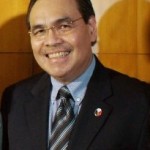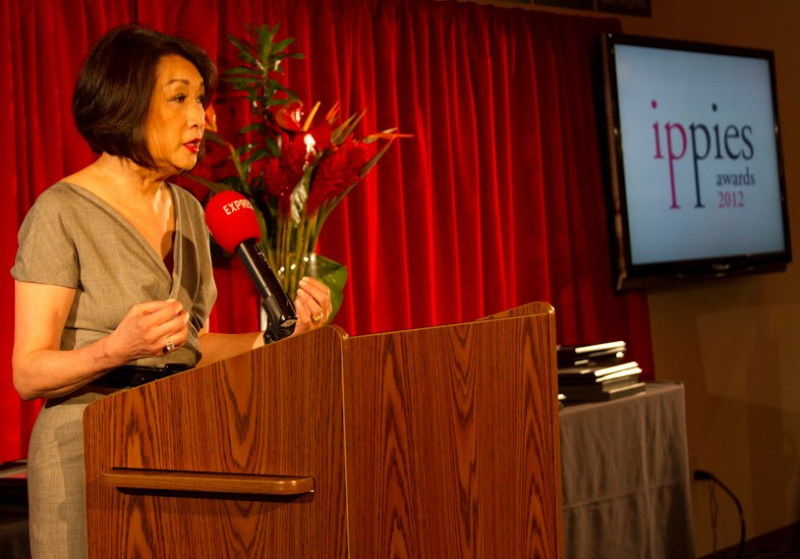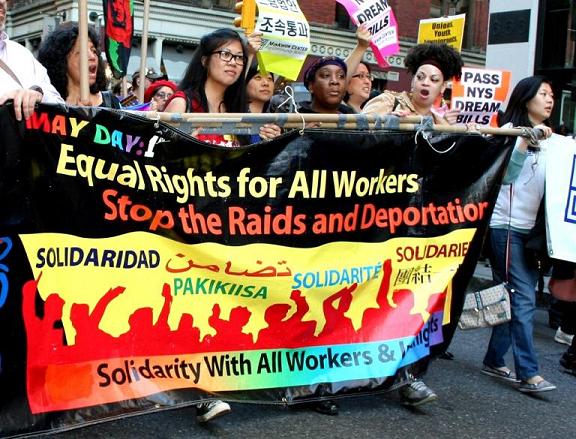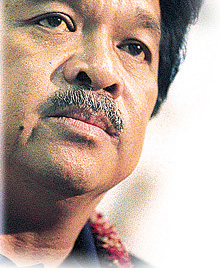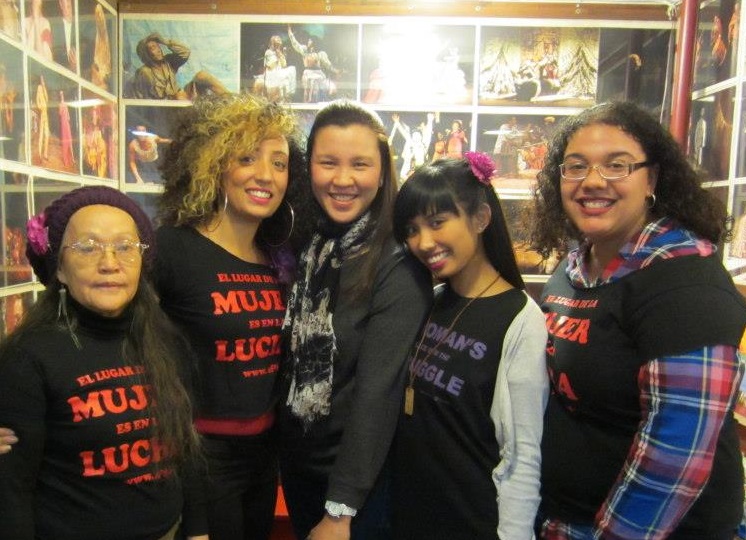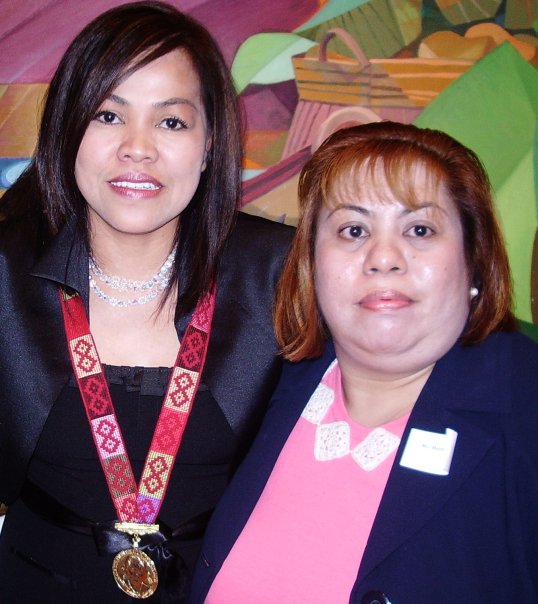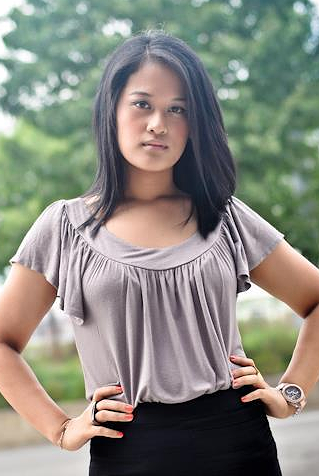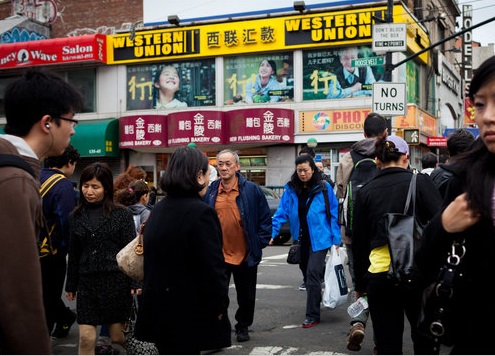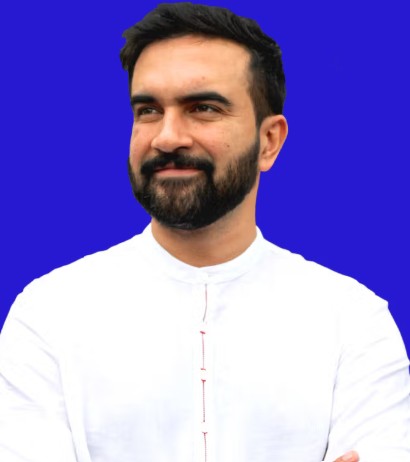Mamdani
The FilAm Editorial
By the time this issue reaches our readers, Zohran Mamdani will either be the new mayor of New York City—or the democratic socialist who sought to transform city politics through the ballot box but fell short.
Predicting the outcome is difficult. This issue closes in the final week of October, just days before the November 4 mayoral election. While we would have preferred to wait for the results, publishing deadlines do not bend for political suspense.
Polls leading up to election day consistently showed former New York Gov. Andrew Cuomo trailing Mamdani, the assemblymember representing the state’s 36th District. Yet, as in any New York election, there is a lot of uncertainty. Third-party Republican candidate Curtis Sliwa could drop out at the last minute, just as Mayor Eric Adams did earlier. Or unseen forces—those with deep pockets and deeper interests—could be at work, determined to halt the Muslim candidate’s surging popularity.
His candidacy has rattled the city’s power brokers. The business community, establishment politicians, segments of the media, and anxious voters wary of a “communist” mayor have all expressed skepticism toward this charismatic, unapologetically progressive candidate. Mamdani, born in Uganda to Indian parents, embodies a complex cultural identity that has often been misread. Some have labeled him African American, though he has described himself more precisely as “an American born in Africa.”
His campaign has not been without controversy. Critics have seized on two particular issues: his decision to identify as both “Asian” and “Black/African American” on his Columbia University application, and his claim of ignorance about living in a rent-stabilized apartment in Astoria, Queens. While these may seem like minor lapses in a city where political figures have weathered far worse—think scandals involving abuse or corruption—they have nonetheless given opponents ammunition. In a tight race, even small missteps can leave a mark.
Cuomo, for his part, carries baggage of a different kind. He faces sexual harassment allegations from more than a dozen women, along with enduring criticism for allegedly underreporting COVID-19 deaths in nursing homes amid questionable admission policies during the pandemic.
Mamdani’s vision for New York centers on affordability. He calls for a citywide rent freeze, fare-free public buses, and city-operated grocery stores—policies designed to ease the burden on working-class New Yorkers struggling with rising cost of living.
Cuomo, meanwhile, has anchored his campaign on public safety, pledging to hire 5,000 new police officers to restore the force to levels from 25 years ago and to “clean up” the city’s streets by removing homeless individuals from public spaces.
For New York City voters, both affordability and safety are important. The question, then, is one of execution: who can actually deliver? Will New Yorkers entrust the city’s future to a proven, if polarizing, former governor—or to a first-term assemblymember whose grassroots message has galvanized those long ignored by City Hall?
This election presents two sharply contrasting visions for the city’s future under the current administration — and challenges New Yorkers to decide which path they believe is best for them.


